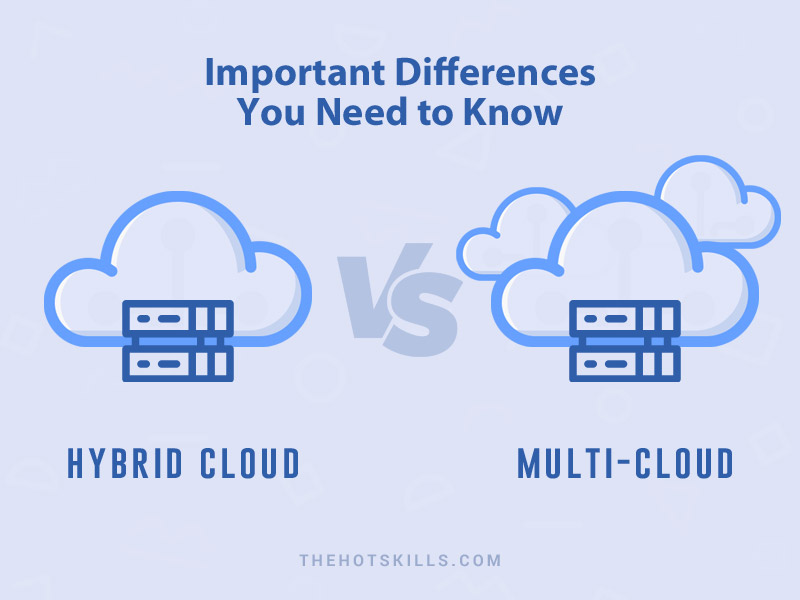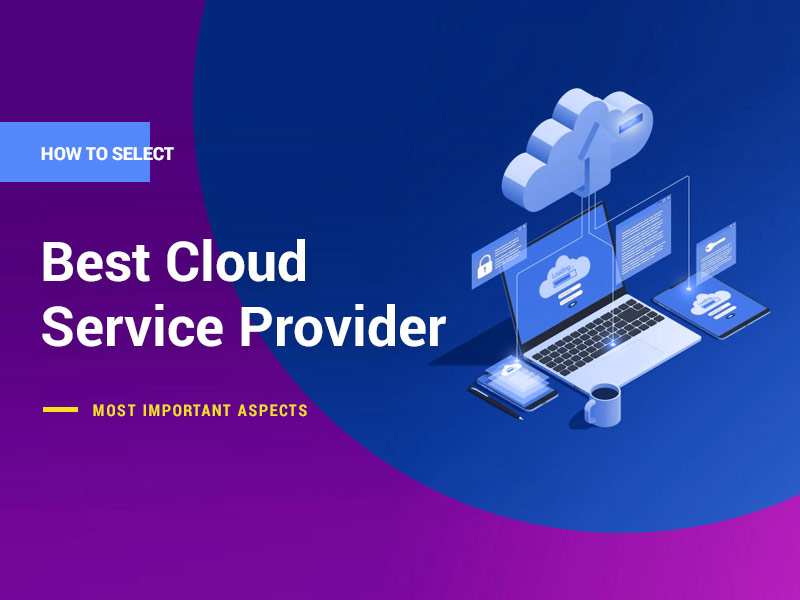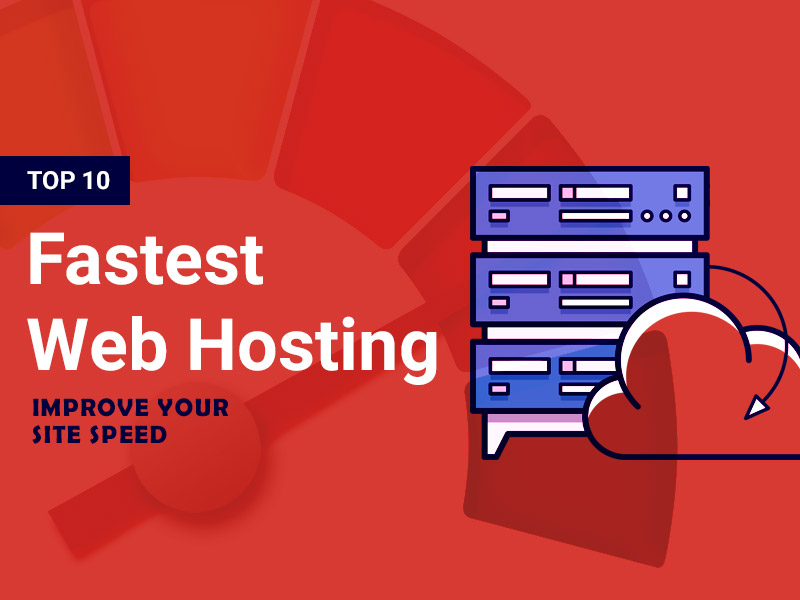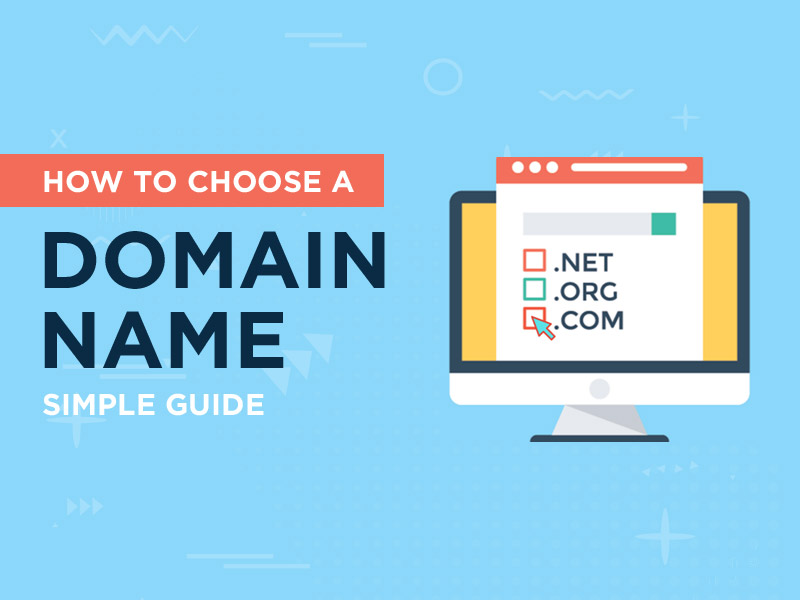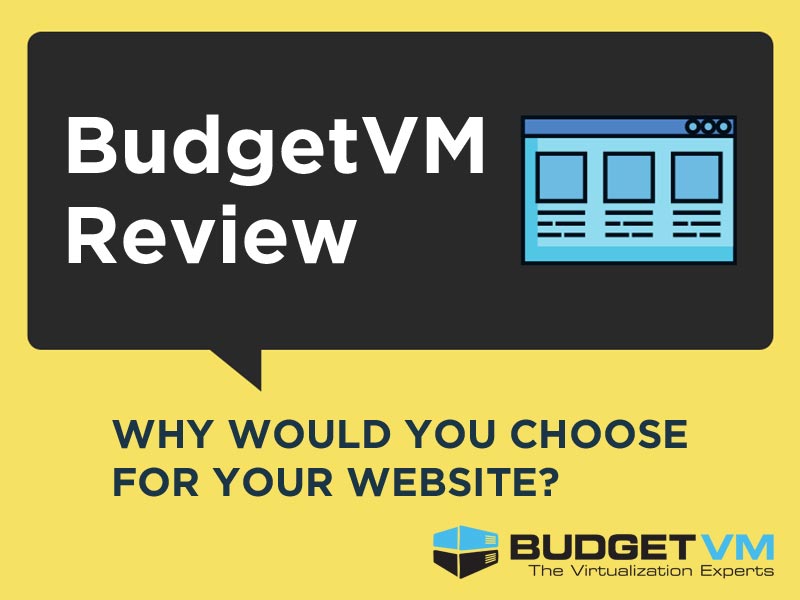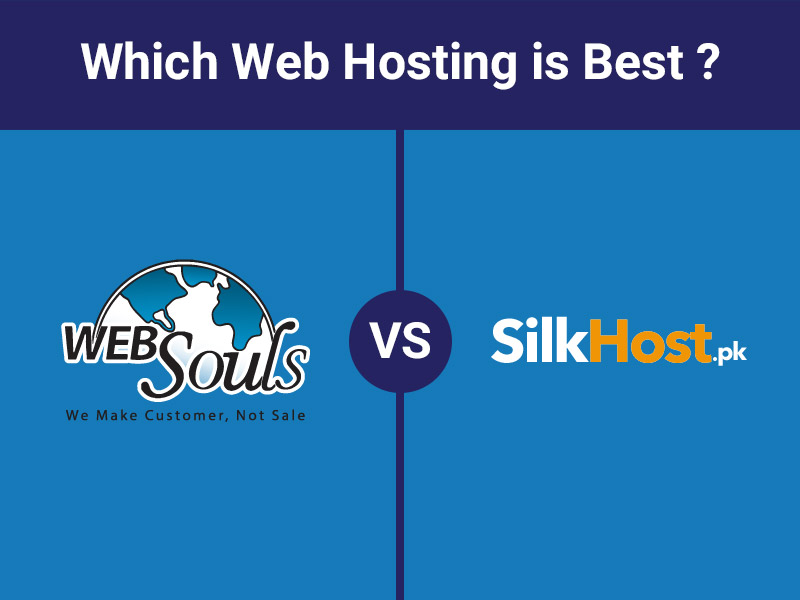If you plan on adopting a server solution for your business data, you’ll notice you have a lot of choices. The hybrid cloud and multi-cloud are among the most popular, but they’re often used interchangeably.
Is there a difference between the two servers? What is the best cloud solution?
Hybrid Cloud vs. Multi-Cloud: What’s the Difference?
From hosting a personal website to running your own email server, the multi-cloud and hybrid cloud can store the exact same things and function similarly, which naturally causes confusion.
However, there are two main differences that set both cloud-based servers apart:
- Hybrid clouds always include a private cloud that is often used as an enterprise’s own data center. A hybrid cloud is only classified as such if it includes all three: one or more public clouds (which work in conjunction), one private cloud, and one on-premise server.
- Multi-clouds always include more than one public cloud service performing different functions. Multi-clouds don’t always have a private cloud component. If they do, they can be a multi-cloud and hybrid cloud. Businesses often combine both solutions by accident.
Most organizations will use different public cloud providers for different departments. Others will use multiple public cloud providers to develop an all-encompassing IT strategy. When you’re using multiple cloud applications, cloud observability is incredibly important for your startup.
However, cloud observability is also essential for hybrid cloud applications that utilize their on-premise database for one task and the private or public cloud for other business functions.
How Do I Choose Between Both Cloud Strategies?
Most businesses are increasingly adopting multiple cloud providers to match each function to a provider that’s best suited to handle said function. Typically, a hybrid approach to the hybrid cloud and multi-cloud is best, even if a hybrid-hybrid multi-cloud cloud sounds like a mouthful.
In practice, any multi-cloud approach must consider where data that won’t be stored in one of your many public servers will be located. Since you won’t necessarily have an on-site server when you have multiple cloud providers, the answer is to add one or adopt a hybrid cloud.
What Type of Cloud Deployment Should Your Business Use?
While using both systems together is optimal, that isn’t always possible for startups. If you need to choose between one or the other, factor in the following features and considerations.
Server Costs
Public clouds have a low price tag when compared to on-site servers, so a multi-cloud approach is usually cheaper. You’ll also surrender most of your responsibilities in regards to maintaining your public cloud servers because your providers will handle all the updates for you.
Server Security
If security is your main issue, you may want to stick to a hybrid cloud approach. Private clouds and on-premise servers are usually more secure because they can take advantage of multiple cybersecurity resources. Public clouds are super safe, just not as safe as other options.
Server Migration
Cloud migration can take a lot of time and money, and total migration isn’t always possible. If you don’t have the resources to migrate in stages, then you may need to keep most of your data on-premise anyway. In these cases, adopting a framework built on hybrid cloud solutions makes the most sense.
Server Reliability
On-premise servers are seen as the most reliable because they are 100% within your control, but using multiple clouds allows you to take advantage of cloud bursting. This occurs when one or more of your cloud servers takes on some of the workload during periods of high data usage.
Server Lock-In
Reliance on the public cloud can be a double-edged sword. While they make servers accessible to small businesses, some vendors may lock you into their services due to costs or a lack of cloud migration. A hybrid solution can benefit you because it offers you more server choices.
